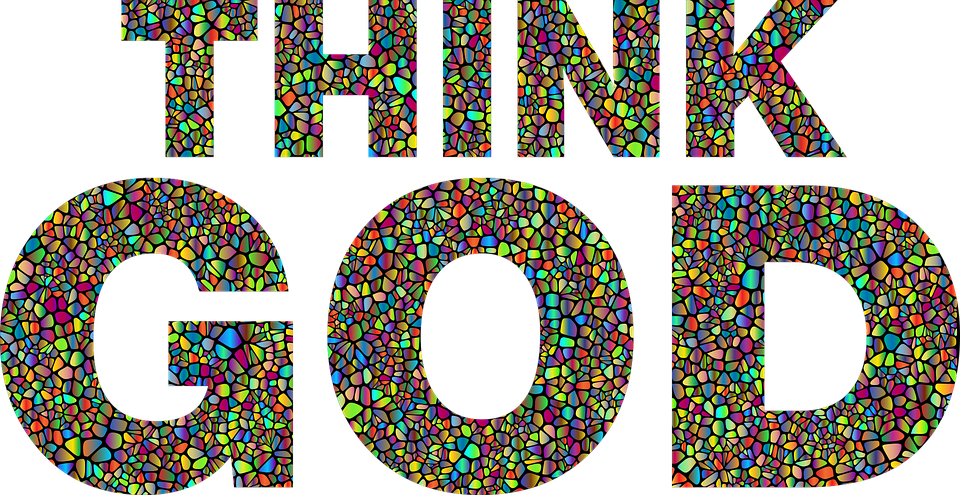
Hi Fellow Bloggers,
This week my blog assignment is to watch a multicultural movie, show, etc. with subtitles while looking for similarities to my own culture. I searched through about twenty movies and documentaries when I decided on 2002 Oscar-nominated film City of God. The film is based on the true story events of Rio de Janeiro, Brazil at the height of a brutal war between two gangs lead by Manoel Machado Rocha (Mane Chicken) and Jose Eduardo Barreto Conceicao (Ze Pequeno aka Lil Ze). The bloodshed took place during the 70s and 80s in a favela (Cidade de Deus City of God). The streets within this small community were littered with the bodies of boys age 5 and up. Here is a link to the trailer for the movie.
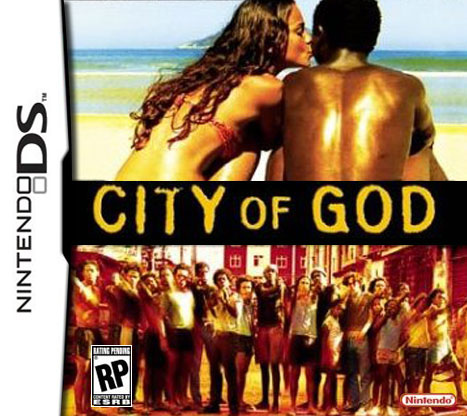
Pictures of the real men behind the film City of God:
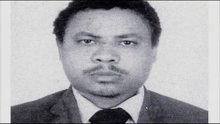
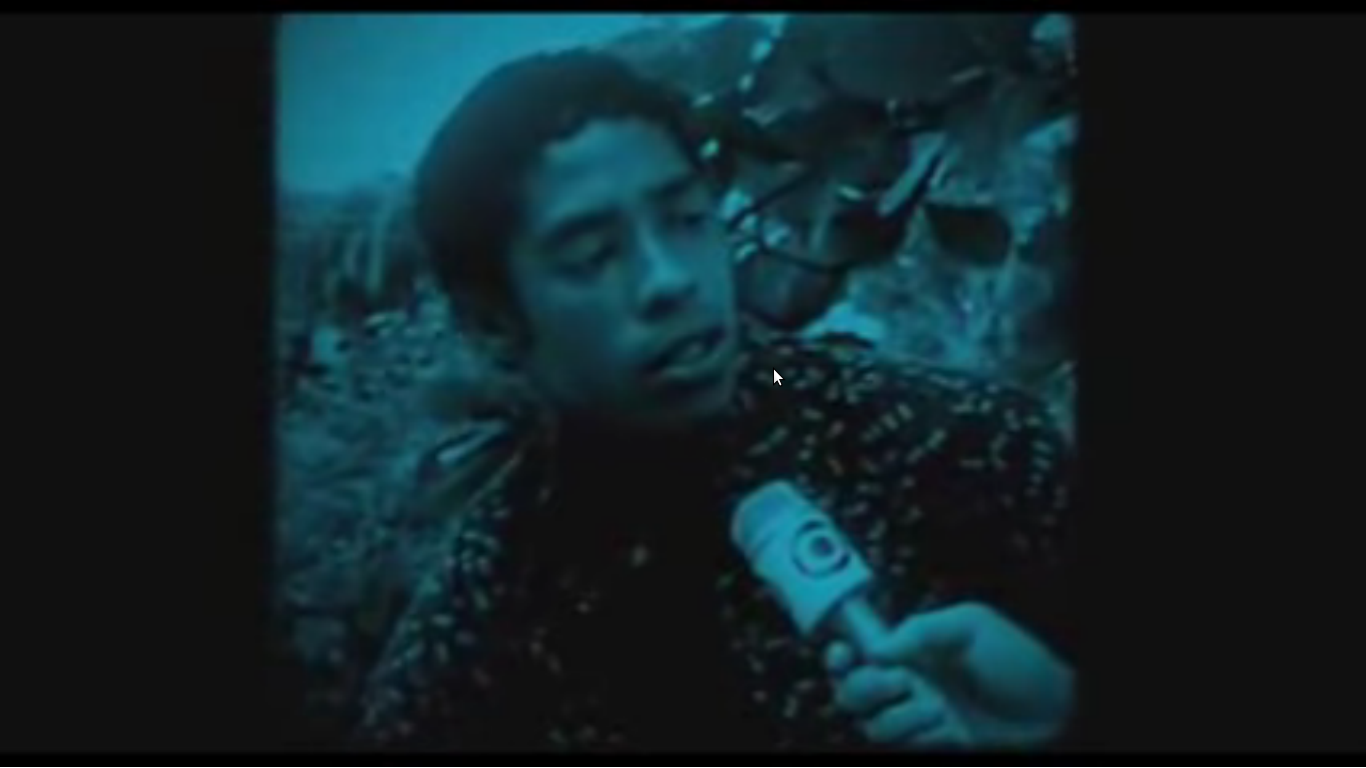
The film City of God was filmed in the low socio-economic location of Rio de Janerio. The official language spoke in this region is Portuguese. The roads are unpaved and the houses are cookie cutter type structures built closely together. The families who form this favela are made up of poor working class (fishermen, fishmongers, small business owners). The picture below is an example of the housing the young men lived in:
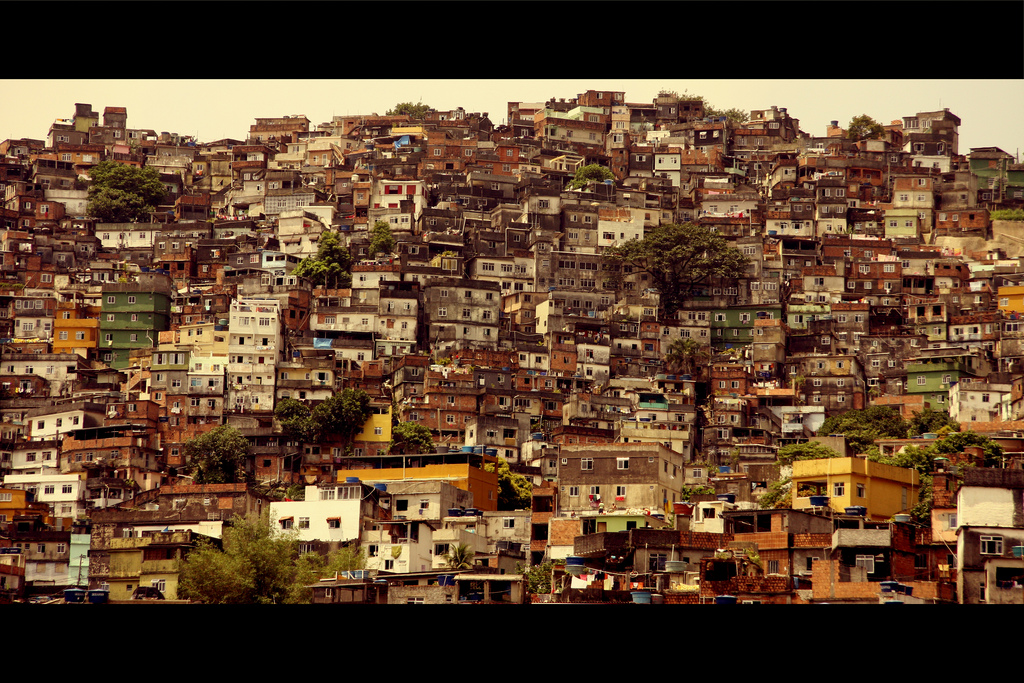
After watching the film I noticed a few aspects of their lives which reflected my youth. The favela (slum or shanty town) in which they lived is similar to the “courts” where I grow up. The roads in my community were paved because I lived in the city were as they lived in a rural community. My community was made up of low socio-economic families working in minimal jobs (housekeepers, cocktail servers, etc.)
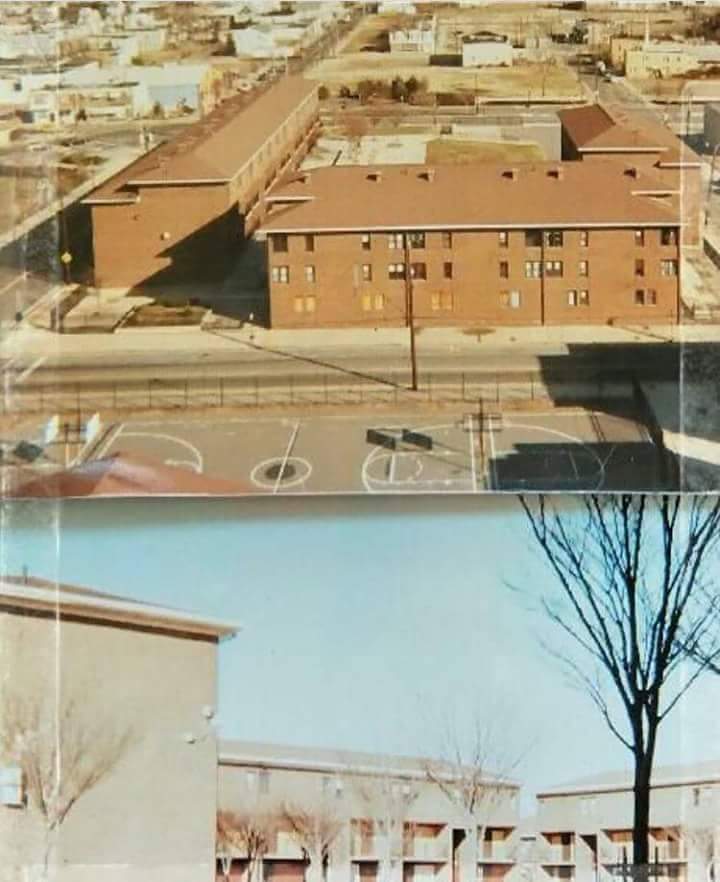
In the film, the mode of travel for the boys was walking mostly. It was times when they used bicycles. There were a few cars, but none were driven by the cast except in one scene when the boys stole a car to get away after robbing guests at a motel. The trucks in the film drove through carrying supplies (which they robbed) and they rode on public transportation (bus). Growing up my mother did not drive me around, so like the boys, in the film, I either walked or took public transportation (bus or Jitney). One thing I could not do that the boys in the film could do is ride a bicycle (I still am not able, but don’t tell).
The only food shown in the film was chicken. I believe I saw someone eat chicken one time in the film, however, the characters ordered chicken throughout the film. In the beginning and again at the end of the film little boys are seen chasing a chicken which they were going to kill, clean, and cook alongside vegetables.
The weather in the film seems idyllic. The sun hung high in the sky as its rays drench the landscape beneath. Which is perfect for the young people in the film since they like to frequent the beach. The boys hung out in various places so I do not believe they had one place they went to for fun. It was evident that the boys valued respect, power, money, guns, and drugs (marijuana and cocaine). At the beginning of the film and throughout smoking marijuana seemed like the boy’s food of choice. You can see them smoking, but you rarely see anyone eat food. Then midway through the film cocaine was introduced and began to replace marijuana.
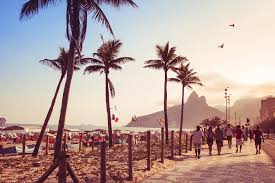

The land at the beginning of the fim when Rocket flashed back to the 70s the land was all dirt, unpaved roads, and sidewalks, and little to no vegetation. When the film flashed back to the present time the landscape was developed a little. The streets were paved and there was some sort of sidewalk. In a few scenes, you see that the policia is corrupt as they turn a blind eye to the criminal activities within the favela. Two screens toward the end of the film, one policial was trying to cover his tracks for providing assault weapons to the favela. The other scene shows the policia taking Lil Ze’s money as a down payment for letting him go after he was arrested.
City of God was a film depicting actual events which took place in the 70s and 80s. Directors Cavi Borges and Luciano Vidigal went back to the Cidade de Deus City of God ten years later to see how the lives of the cast changed or stayed the same. The cast was featured in a documentary showing how their lives took different paths as the spotlight deemed and reality came back into focus for the young people. I found the salary they paid the kids for their roles in the film. Especially, what they paid Rocket, apparently he was offered some money at the time of filming or he could have waited to get paid from the box office earnings. How was someone his age and living where he was supposed to understand what those terms really meant to him and his family? Of course, the children and their family’s were going to take the money upfront instead of money they had to wait a few years to receive. The families were trying to live through the day and future money was not going to fulfill that need.
The image below is relative to the tone and situation the movie depicted of the horrific events that took place during the 70s and 8os in the Cidade de Deus City of God. Sadly, this event is not an isolated one. Here is a link to another video of mothers living in Rio de Janeiro who are suffering from the death of their child(ren).
